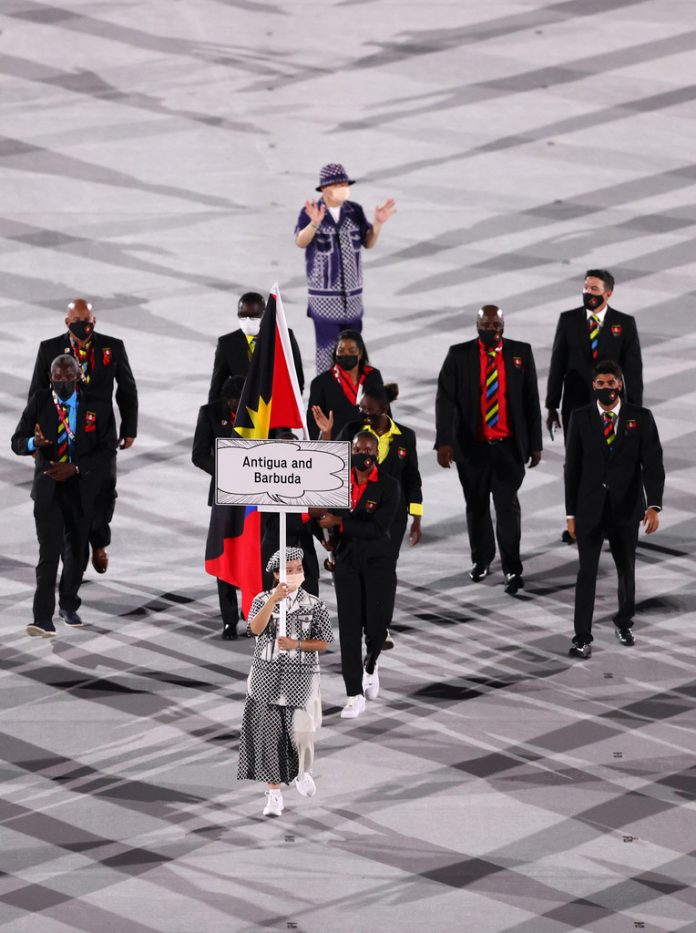
By Neto Baptiste
It would take both a massive financial investment in sports and meaningful policy changes at the government level before Antigua and Barbuda could be in a position to challenge for an Olympic medal in any discipline.
This is according to the President of the Antigua and Barbuda Athletics Association (ABAA) and former national athlete, Everton Cornelius, who reminded that countries that enjoy constant success at the Olympics and other international champions are those who invest heavily in both athletes and infrastructure.
“What we need to do as a country is to really start investing in our athletes and make policies that really give us a pretty good chance of producing the type of athletes that we would like to see produced that maybe, at any given moment, at least we could say we are either in the final and once you’re in the final then you could always be in contention for something to happen, or for medals — if you get into the final,” he said.
“It starts with investment; it starts with making policies within our programmes that we have in Antigua to make sure that our athletes are at the level that we want them to be and just to start in terms of investment and policy. It starts by exactly how we organise sports within our schools system because the schools system is our feeding ground for all sports,” he added.
Six athletes represented Antigua and Barbuda at the recently held 2020 Olympic Games in Tokyo, Japan with two of the six competing in the track and field aspect of the games.
Sprinter Cejhae Greene failed to advance from the opening round of the men’s 100 meters event while first time Olympian and female sprinter Joella Lloyd impressed in her opening preliminary heat but was eliminated in the second round.
“If you look at the breakdown of the kind of money that is being spent on athletes, and some country walks in and wins maybe two or three medals. And if you equate the level of investment those two or three or four medals may have cost them maybe over a million dollars per medal, so just to win two or three medals may cost them over a million dollars per medal in terms of the overall investment into the athletics programme,” Cornelius said.
“We have to be realistic because when we ask ourselves what do we invest in sports, we will realise that what we really invest in sports is just nickel and dimes which doesn’t even create a ripple in terms of the type of investment we will have to make in our athletes to really rise to that level and be in contention to win a medal,” he added.
The athletics boss, who commended all six athletes for their efforts at the games, said individuals must understand that the entire system needs an overhaul.
“Number one, I don’t think that a lot of us watching the Olympics understand exactly what we are asking of our athletes when it comes to an Olympics, or even what we are asking of ourselves, because if we did understand the kind of investment that we will have to make for us to go out and really compete in the Olympics and win a medal, it means that whatever athletes you may have, whether male or female, they have to be consistently running or be in contention in maybe the top 10 or top eight athletes in the world,” he said.
Sailor Jalese Gordon, swimmers Samantha Roberts and Stefano Mitchell and boxer Alston Ryan are the other athletes who represented twin-island state at the Tokyo Olympics.
